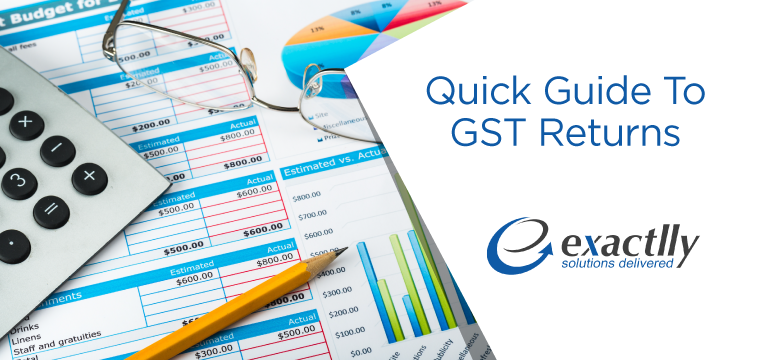Ascertaining Place of Supply for Services at Immovable Properties

An immovable property refers to a property that is attached to the earth and cannot be moved or uprooted from where it has been constructed for placing in another location, such as land and buildings. Under the current indirect tax regime, service tax is levied on a taxable service rendered in relation to immovable property, irrespective of whether the service has been rendered on an intrastate or interstate basis (owing to the fact that service tax is a central tax and thus levied notwithstanding the place of rendering the service). Under the GST regime, however, it is vital to ascertain the place of the supply – whether made interstate or intrastate as taxes are levied accordingly. Determining the place of supply is done by determining where the service related to such supply was rendered. There are specific rules laid down that override the general rules on the determination of place of supply for services at immovable properties – basically, the place of supply of services rendered with respect to immovable property shall be determined on the basis of the location where such immovable property is either located or intended to be located.
Let us look at some scenarios to understand this better –
When Services are Provided Directly:
In relation to immovable property, services at immovable properties such as designed by architects, interior decorators, engineers and property surveyors are provided directly at the immovable property. As an illustration, if Star Properties registered in Maharashtra, wishes to redecorate its property located in Tamil Nadu by a supplier (interior decorator) based in Tamil Nadu, then the supply of such interior decoration service shall be at the immovable property’s location, i.e., Tamil Nadu, despite the recipient of the supply being based in Maharashtra. Furthermore, since this supply qualifies as an intrastate supply, the taxes levied shall be the CGST and SGST.
Supply Relates to Lodging:
In relation to immovable property, services such as boarding and lodging at the immovable property are provided directly at the immovable property’s location. As an illustration, Star Properties has a hotel in Tamil Nadu where it provides three days’ lodging to Mr Bob, a registered dealer in Madhya Pradesh. The location of the supplier is Tamil Nadu and the place of supply is also Tamil Nadu. Furthermore, since this supply qualifies as an intrastate supply, the taxes levied shall be the CGST and SGST.
Supply Relates to Organizing an Event or Function:
In relation to immovable property, supply of services in relation to the organization of an event or function, which may be cultural, sporting, social, religious or business-related, is provided directly at the location of the immovable property. As an illustration, Mr Bob, a registered dealer of Madhya Pradesh books the conference hall of Star Properties in Tamil Nadu for a business conference, then the place of supply in Tamil Nadu. Furthermore, since this supply qualifies as an intrastate supply, the taxes levied shall be the CGST and SGST.
Supply that maybe Supplementary to any of the Above Scenarios:
In relation to immovable property, the supply of services that may be supplementary to any of the above examples is also provided directly at the location of the immovable property. As an illustration, Mr Bob, a registered dealer of Madhya Pradesh books the conference hall of Star Properties in Tamil Nadu for a business conference and additionally, orders food and beverages for the guests. The place of supply is thus, Tamil Nadu. Furthermore, since this supply qualifies as an intrastate supply, the taxes levied shall be the CGST and SGST.
Therefore, under the current indirect tax regime, service tax is levied on all services that are provided with respect to immovable properties. However, as service tax is a centrally levied tax, as discussed above, any input credit tax received in relation thereto, irrespective of the state, may be used to set off against a liability on these services provided. As an illustration, Mr Bob, a registered dealer of Madhya Pradesh, may avail of the input tax credit on hotel charges paid to Star Properties in Tamil Nadu.
Under the GST regime, however, the location of the immovable property is used to ascertain the place of supply of services, which ultimately means that both the CGST and SGST will be applicable levies. It is pertinent to note that the CGST and SGST input tax credit availed in one state may not be used to set off the liability accruing in another state. In this scenario, a registered person availing services of immovable property in one state is not permitted to take input credit tax on the service taken from another state – simply put, Mr Bob registered in Madhya Pradesh may not avail of input tax credit arising out of the CGST and SGST paid in Tamil Nadu. Feel free to Contact Us and get a Free Demo.







